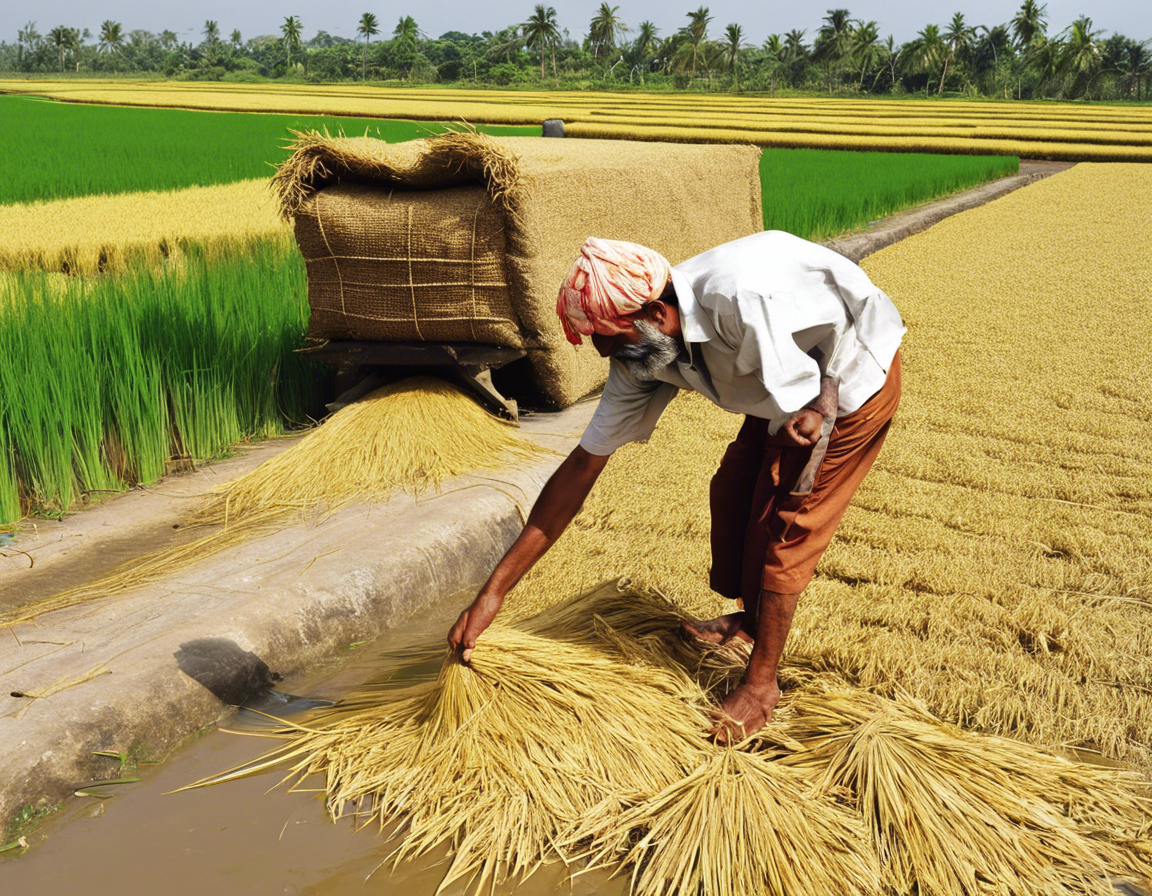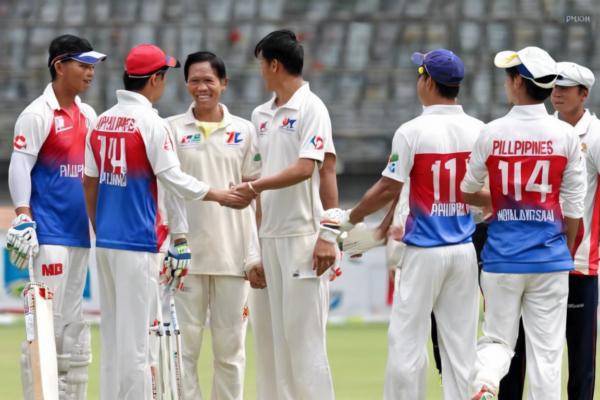Introduction
Paddy procurement is a crucial step in the agricultural supply chain that involves buying rice paddy directly from farmers for further processing. Efficient procurement is essential to ensure fair prices for farmers, maintain adequate food supply, and support the livelihoods of rural communities. In this article, we will delve into the process of paddy procurement, challenges faced by both farmers and procurement agencies, and strategies to streamline the supply chain for the benefit of all stakeholders involved.
Understanding Paddy Procurement
Paddy procurement is the process of purchasing rice paddy from farmers by government agencies or private entities. The procurement is typically done at designated centers known as mandis or procurement centers. The objective is to ensure a remunerative price for farmers, stabilize market prices, and maintain food security.
Challenges in Paddy Procurement
-
Price Fluctuations: The fluctuating market prices of rice paddy can pose challenges for both farmers and procurement agencies in determining fair prices.
-
Logistical Issues: Transporting paddy from farms to procurement centers can be a logistical challenge, especially in rural areas with poor infrastructure.
-
Quality Control: Ensuring the quality of the procured paddy is essential to maintain standards for further processing.
-
Payment Delays: Delayed payments to farmers by procurement agencies can impact their livelihoods and discourage future participation.
Strategies for Streamlining Paddy Procurement
-
Technology Integration: Leveraging technology such as mobile apps for registration, procurement, and payments can streamline the process and improve transparency.
-
Capacity Building: Providing training to farmers on best practices for paddy cultivation and post-harvest handling can improve the quality of paddy procured.
-
Infrastructure Development: Investing in infrastructure such as roads and storage facilities can help overcome logistical challenges in procurement.
-
Contract Farming: Engaging in contract farming agreements with farmers can ensure a steady supply of quality paddy for procurement agencies.
-
Digital Payments: Implementing digital payment systems can ensure timely payments to farmers and reduce the reliance on cash transactions.
Benefits of Streamlining Paddy Procurement
-
Fair Prices for Farmers: Streamlining the procurement process can ensure that farmers receive fair prices for their produce, improving their livelihoods.
-
Efficient Supply Chain: A streamlined procurement process can lead to a more efficient agricultural supply chain, benefiting all stakeholders involved.
-
Improved Quality Control: Implementing quality control measures can enhance the overall quality of procured paddy, meeting industry standards for processing.
-
Enhanced Transparency: Technology integration and digital payments can improve transparency in the procurement process, reducing corruption and malpractices.
Frequently Asked Questions (FAQs)
- What is the role of government agencies in paddy procurement?
-
Government agencies play a vital role in paddy procurement by ensuring fair prices for farmers, stabilizing market prices, and maintaining food security.
-
How can farmers benefit from streamlined paddy procurement?
-
Farmers can benefit from streamlined paddy procurement by receiving fair prices, timely payments, and access to quality inputs and training.
-
What are the key challenges faced by procurement agencies in paddy procurement?
-
Procurement agencies face challenges such as price fluctuations, logistical issues, quality control, and payment delays in paddy procurement.
-
How can technology help in streamlining paddy procurement?
-
Technology can help in streamlining paddy procurement through digital payments, mobile apps for registration, procurement, and tracking, and enhancing transparency in the process.
-
What are the long-term benefits of efficient paddy procurement for the agricultural sector?
- Efficient paddy procurement can lead to improved farmer incomes, enhanced food security, a more resilient agricultural supply chain, and overall economic development in rural areas.
In conclusion, streamlining paddy procurement is essential for ensuring fair prices for farmers, improving supply chain efficiency, and enhancing food security. By addressing key challenges, implementing strategic measures, and leveraging technology, the agricultural sector can benefit from a more efficient and transparent paddy procurement process.




